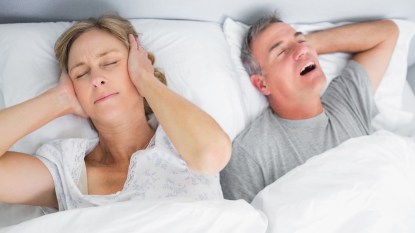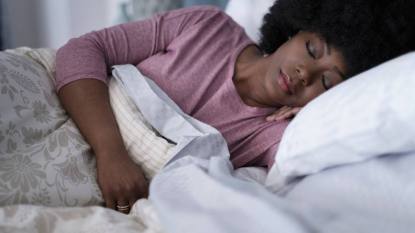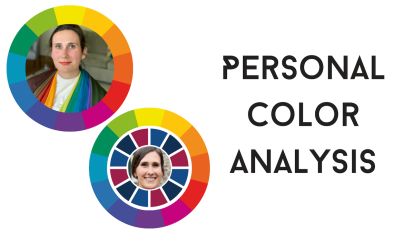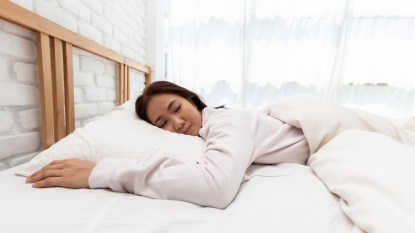Going to Sleep at This Time Makes You Less Likely to Get Heart Disease — It’s Later Than You Might Think!
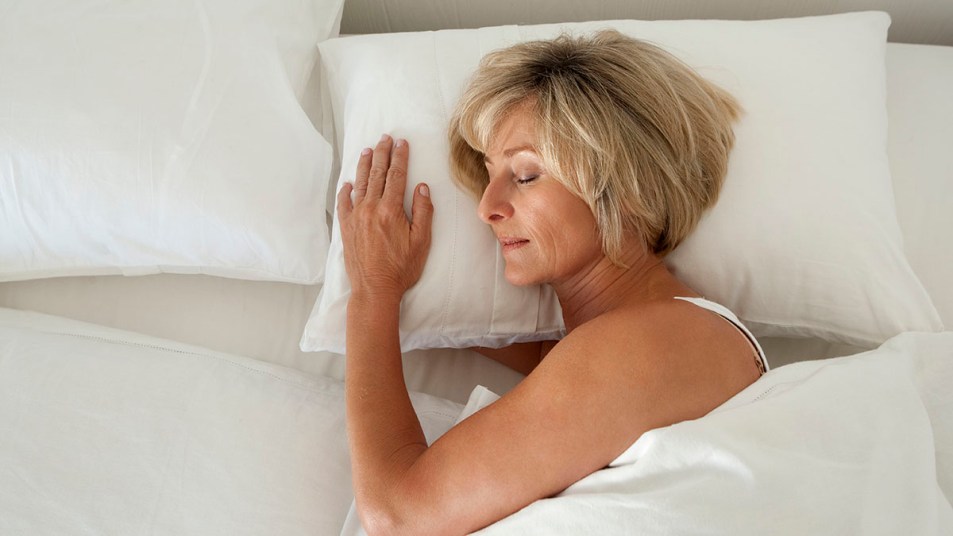
Good sleep hygiene is key to getting the rest you need at night. Most doctors recommend setting a routine and sticking to it. We know this means hitting the hay at the same time every night, but when is the best time to head to bed? It seems like the earlier, the better, right? According to a new study, that might not be the case!
A new study published in the European Heart Journal linked a bedtime of 10 p.m. to 11 p.m. as the best time to go to sleep for better heart health. Researches studied the sleep patterns of 88,026 participants over seven days. Then they followed up around six years later to see how their heart health had evolved. Out of those studied, 3,172 participants developed cardiovascular disease (CVD).
The highest number of people who developed CVD had a bedtime that was typically after midnight. Meanwhile, those who went to sleep between 10 and 11 p.m. had the lowest incidence of the disease. And those who went to sleep earlier didn’t fare any better. While there was a 25 percent higher risk for those who went to sleep after midnight, there was similarly a 24 percent raised risk for those who went to sleep before 10 p.m. There was also a 12 percent higher risk for those who went to sleep between 11 p.m. and midnight.
Why is 10 p.m. the best time to go to sleep?
Overall, the study suggests those who go to sleep between 10 and 11 had the lowest risk for CVD. Adhering to that bedtime seems to be the best routine to get your body the rest it needs while it cycles through your 24-hour circadian rhythm. This cycle helps regulate our physical and mental functioning.
“Our study indicates that the optimum time to go to sleep is at a specific point in the body’s 24-hour cycle and deviations may be detrimental to health,” said study author Dr. David Plans. “The riskiest time was after midnight, potentially because it may reduce the likelihood of seeing morning light, which resets the body clock.”
“While we cannot conclude causation from our study, the results suggest that early or late bedtimes may be more likely to disrupt the body clock, with adverse consequences for cardiovascular health,” he added.
If you’re someone who is often up past midnight, or already in bed by 9 p.m., it might be time to reconsider your bedtime routine!


